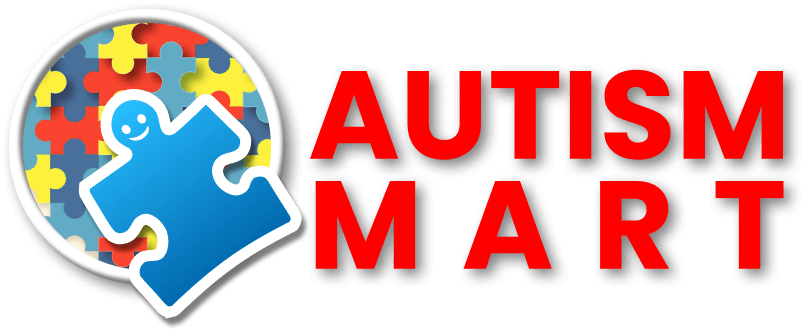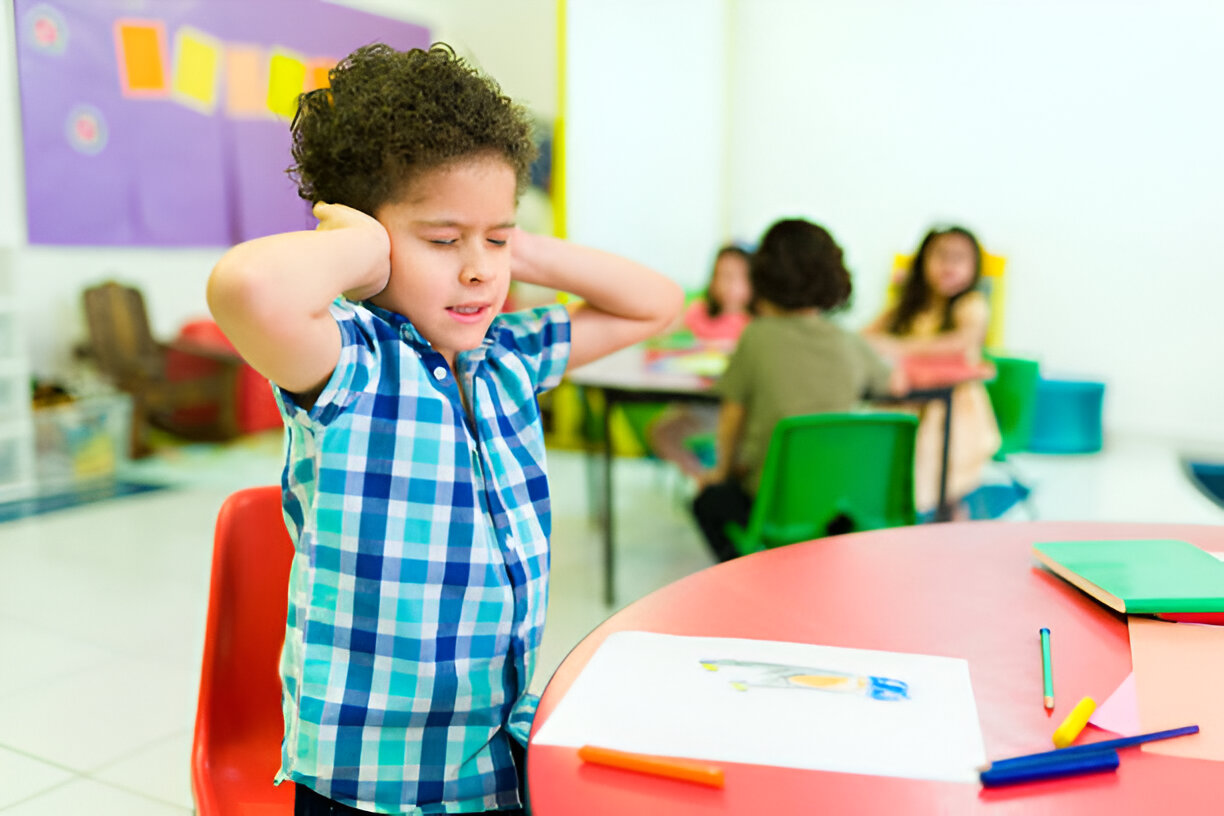Various conditions in the world can affect how we experience life. One such condition is autism spectrum disorder (ASD), which is categorized as a neurological condition that influences the way in which others talk to others and experience sensory input. It can deteriorate our sensory abilities, which are fixed by sensory or educational toys. Autism can affect how your children will speak to others, which is why parents need to support them effectively. In this blog post, we’ll discuss parents’ unique communication problems and how they can ensure their children can express themselves properly.
How Autism Can Influence Communication:
Autism can influence how our communication skills develop in numerous complicated ways. There are various children out there who were affected with autism spectrum disorder (ASD) in such a way that they experienced numerous difficulties ranging from non-verbal communication problems to delayed speech. The most common issues experienced by these individuals include maintaining eye contact with others, using gestures such as pointing, waving to others, and understanding social cues. They might also experience non-communication issues, such as having issues with comprehending the tone of voice of others, what they should respond with, and comprehending social circumstances. Lastly, they might have issues with taking turns talking, adjusting to other languages, or starting conversations. It is recommended that such individuals be provided with structured tactics like social stories, visual cues, or communication boards, as they positively affect their social skills.
The Types of Communication Problems with Autism:
Numerous types of issues can be presented with autism, as autism is a spectrum disorder, which also means that not everyone will experience the same issues as another individual. Here is a general overview of the most prevalent issues experienced by individuals who have autism:
Verbal Communication Problems:
There are various individuals with autism spectrum disorder (ASD) who experienced delayed language development or had issues attempting to create coherent sentences during their childhoods. This can influence how these individuals express what they need or converse with others.
Social Cues & Body Language:
Comprehending and appropriately responding to social cues such as eye contact, body language, and tone of voice will be crucial for efficient discussion. Individuals who have autism can have issues attempting to identify such subtle cues, which can potentially cause misunderstandings in conversations during social interactions.
Non-verbal Communication Problems:
There are various nonverbal communication problems that individuals with autism can run into as well, such as limited utilization of gestures, issues comprehending nonverbal cues from other people conversing with them, and poor understanding of facial expressions. Individuals with autism spectrum disorder (ASD) will have issues comprehending what others are trying to convey with their body language or what gestures can mean.
Repetitive Speech Patterns:
Individuals who have autism spectrum disorder (ASD) can often be affected by echolalia, a speech pattern in children that makes them repeat certain words or phrases on a frequent basis. While it may appear that this is meaningless at first glance, echolalia serves numerous functions, such as assisting in processing information, expressing unmet desires, and self-regulation.
There are numerous communication challenges that individuals with autism spectrum disorder (ASD) can go through, which is why pointing them out and acquiring intervention early on can assist parents & professionals in figuring out the proper strategies to assist these individuals and enhance their communication abilities.
Conclusion:
Autism spectrum disorder can cause many communication challenges, such as misunderstanding facial gestures, being unable to comprehend tone of voice, and understanding social cues. For this reason, it is recommended that children be provided with educational toys in Pakistan, as they can assist in developing social skills early on while providing an enjoyable environment to grow in.

